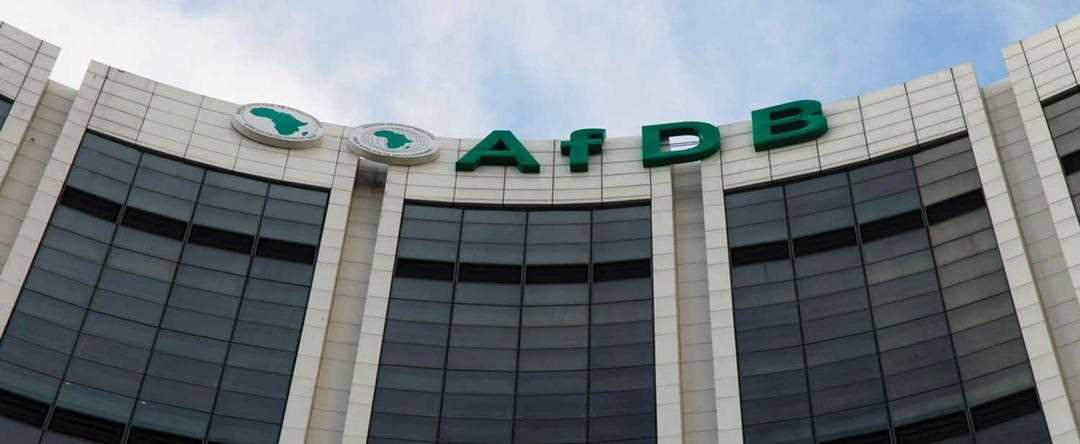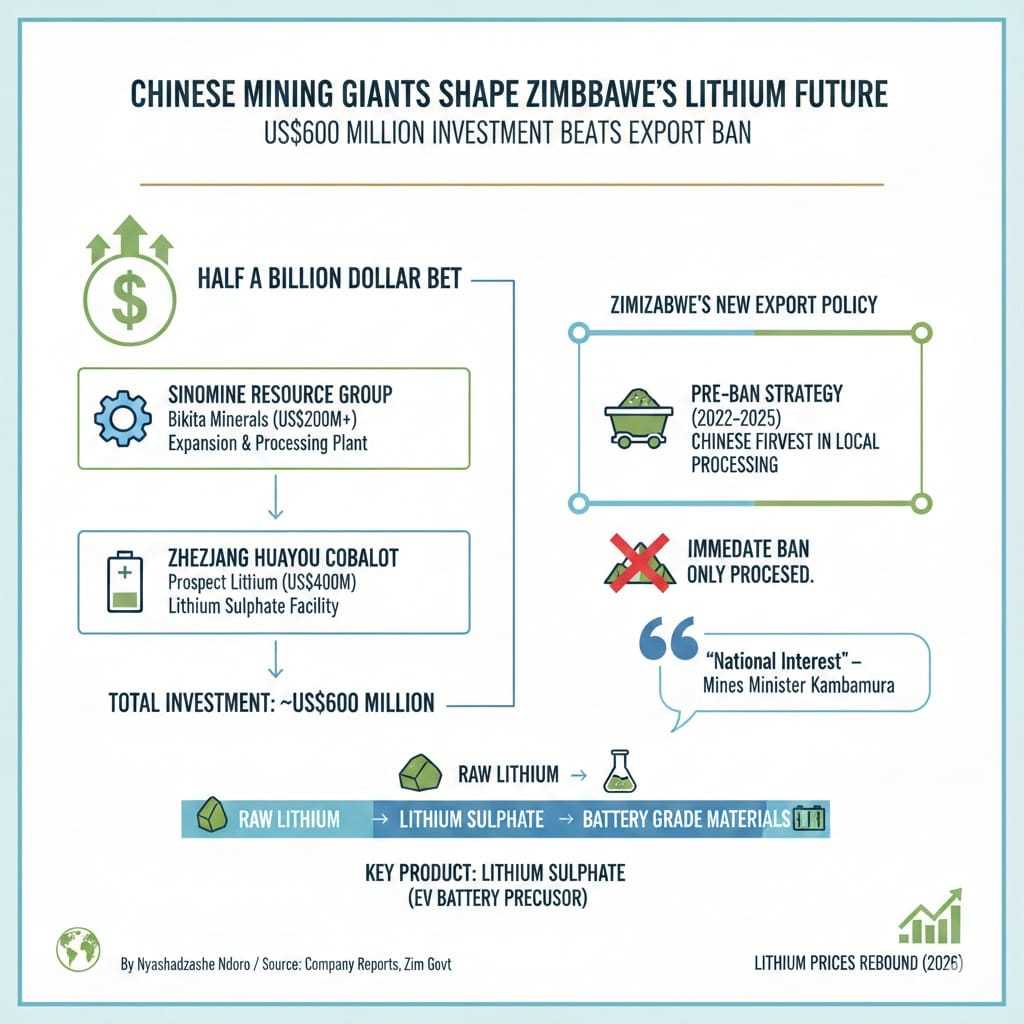
The government of Zimbabwe has officially deployed a new online Tax and Revenue Management System (TaRMS). The project, developed with significant support from the African Development Bank (AfDB), is designed to curb financial leakages and fraudulent activities, ultimately improving the efficiency of the Zimbabwe Revenue Authority's (Zimra) tax collection.
The TaRMS was formally launched on August 18 in Harare by the deputy minister of Finance, Economic Development and Investment Promotion, Kudakwashe David Mnangagwa. This launch is the culmination of a process that began in 2023 and was implemented in phases. According to a statement from the AfDB, the project was made possible by a US$7 million grant from the bank, which covered the design and development of the online system, while the Zimbabwean government funded the procurement of hardware.
Related Stories
The introduction of TaRMS is a critical component of Zimbabwe’s economic reform agenda. The new system is expected to help the country close revenue leakages, widen the tax base, and simplify the tax process for compliant taxpayers through reduced paperwork and faster procedures. The system is already showing promising results, with Zimra reporting a 238% increase in revenue collected from new taxpayers in 2024, the first full year of its rollout, compared to 2023.
The launch of TaRMS comes at a time when Zimra is facing significant challenges in tax collection. It is estimated that a substantial 76.1% of the economy operates in the informal sector, which largely goes untaxed. The Reserve Bank of Zimbabwe has previously noted that this sector generates over US$14 billion in annual revenue, surpassing the formal economy.
The AfDB is a key partner in this initiative, and the bank’s officer-in-charge of the Zimbabwe country office, Kelvin Banda, highlighted the system's importance. He stressed that in a global environment of dwindling development assistance and limited access to external loans, increased domestic resource mobilization is an essential mechanism for African countries to fund their own development.
The AfDB estimates that the median African tax-to-GDP ratio, currently around 14%, needs to increase to a minimum of 27.2% to close the estimated annual financing gap of US$402.2 billion required to achieve the Sustainable Development Goals and the African Union’s Agenda 2063.



















Leave Comments